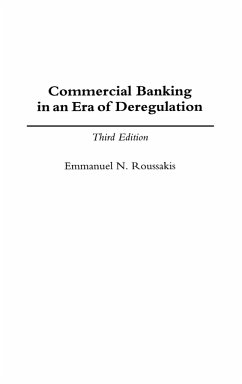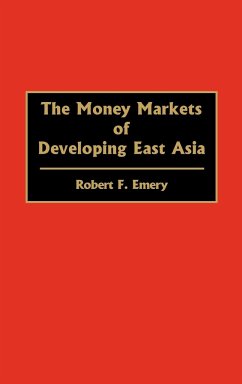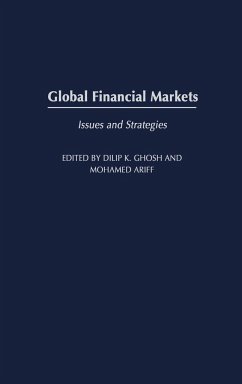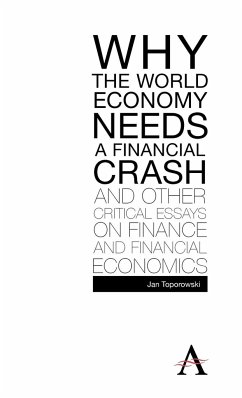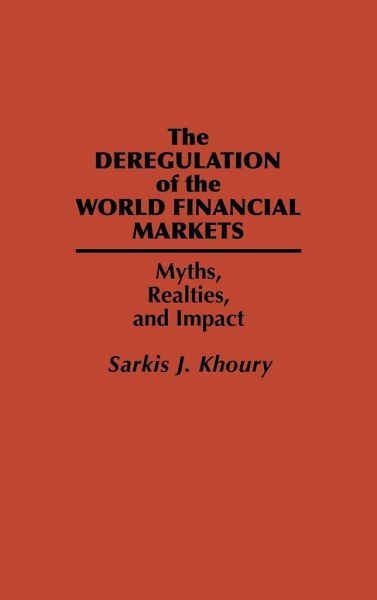
The Deregulation of the World Financial Markets
Myths, Realities, and Impact
Versandkostenfrei!
Versandfertig in 1-2 Wochen
88,99 €
inkl. MwSt.

PAYBACK Punkte
44 °P sammeln!
This book presents a comprehensive examination of the deregulation of financial markets that began in the United States in the mid-1960s and has now reached global proportions. The author examines the deregulatory steps taken in each of the major financial markets--the United States, Britain, Japan, Australia, and Hong Kong--exploring the impetus behind the deregulatory developments, their potency, and their effects on the operational, promotional, and allocational efficiency of financial markets. Khoury also assesses the effects of deregulation on the stability of financial markets and on the...
This book presents a comprehensive examination of the deregulation of financial markets that began in the United States in the mid-1960s and has now reached global proportions. The author examines the deregulatory steps taken in each of the major financial markets--the United States, Britain, Japan, Australia, and Hong Kong--exploring the impetus behind the deregulatory developments, their potency, and their effects on the operational, promotional, and allocational efficiency of financial markets. Khoury also assesses the effects of deregulation on the stability of financial markets and on the movement toward political and economic integration within these markets. Throughout, Khoury focuses particular attention on the dynamics of the deregulation process and the forces that generated it in each of the markets under study. Khoury begins by tracing the evolution of the internationalization of the financial markets and their deregulation over the last three decades. He then examines the economics of financial deregulation and the implications of regulatory changes. Four chapters are devoted to extended analysis of deregulation in the various financial centers. Khoury compares and contrasts the similarities and differences among the five markets, examines the impact of regulatory developments in each market, and analyzes the growing interrelationships among financial markets. A separate chapter looks at the effects of deregulation on the foreign exchange, money, and stock markets, and on the performance and stability of the banking sector. Finally, Khoury looks to the future of deregulation, describing the changes that are likely to occur in the regulatory structure and in the money and capital markets. Ideal as supplemental reading for courses in international finance and banking, this book also offers bankers and regulators new insights into the potential and actual effects of various regulatory and deregulatory measures.



